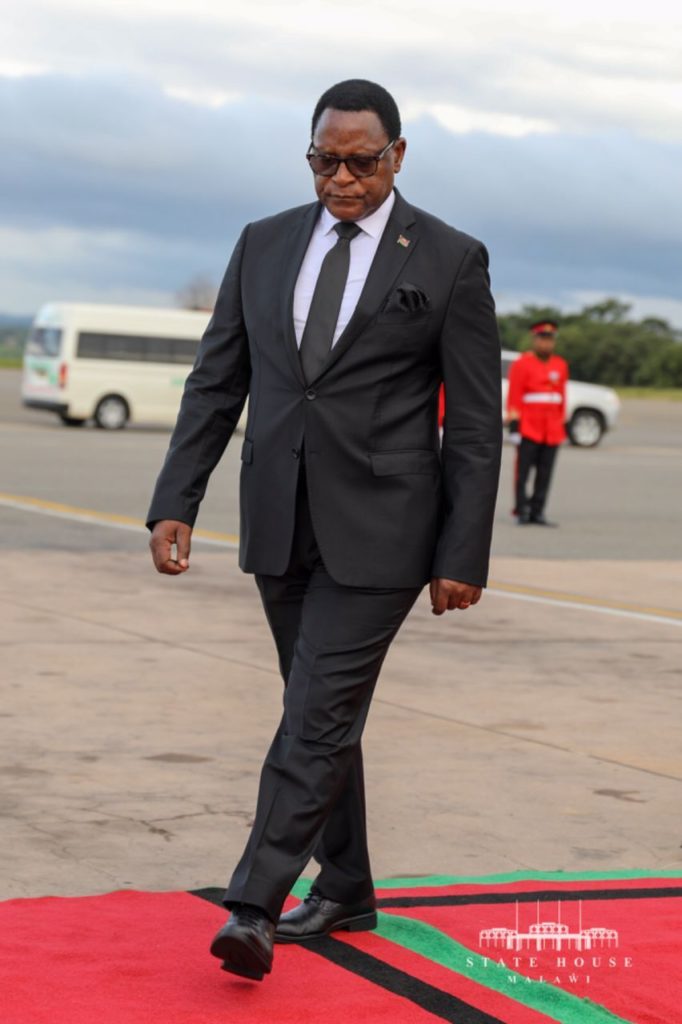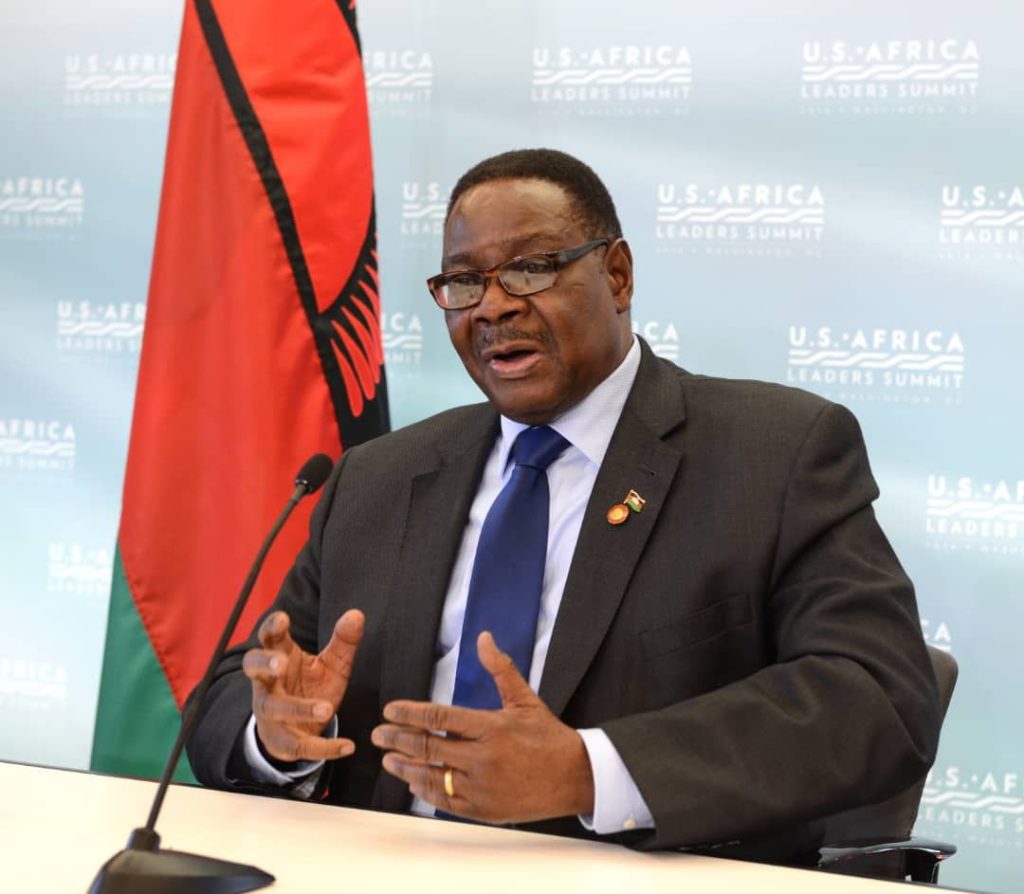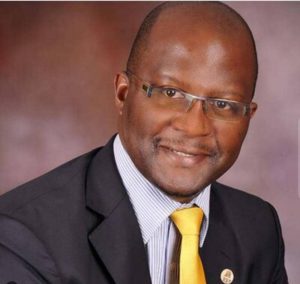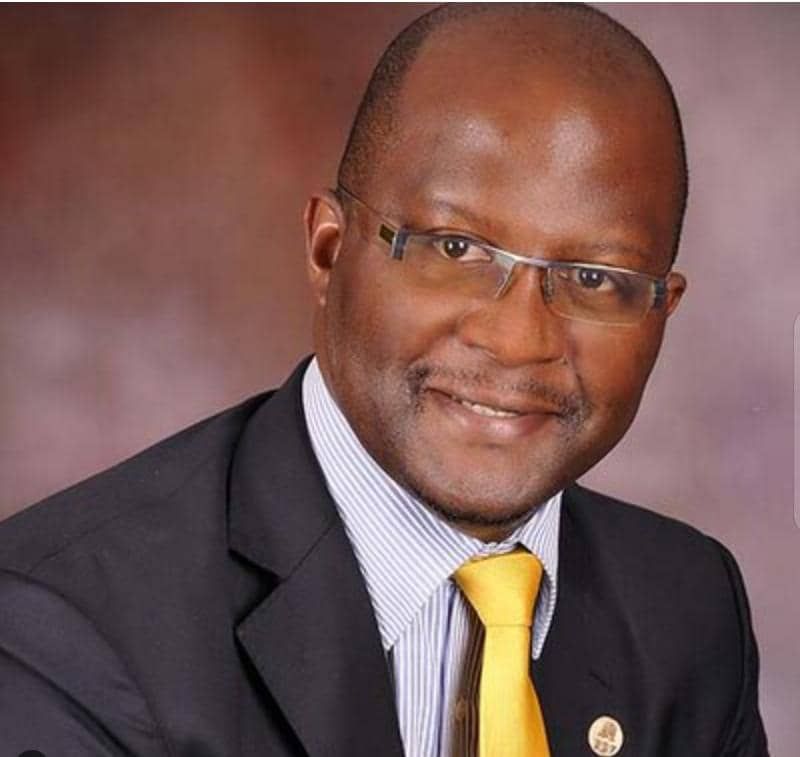By Burnett Munthali
A good leader takes responsibility for their leadership. They understand that everything they do directly affects the people they lead. In other words, the best leaders lead with their followers in mind. And one of the most important leadership traits is engaging your followers.
People who are critics perform the action of critiquing things (remember, critique means to identify both positive and negative aspects), but sometimes the word critic is also used to describe a person who only says negative things, a person who criticizes.

A critique evaluates a resource. It requires both critical reading and analysis in order to present the strengths and weaknesses of a partic.
Seeking and giving advice are central to effective leadership and decision making. Yet managers seldom view them as practical skills they can learn and improve. Receiving guidance is often seen as the passive consumption of wisdom. And advising is typically treated as a matter of “good judgment” you either have it or you don’t rather than a competency to be mastered.
When the exchange is done well, people on both sides of the table benefit. Those who are truly open to guidance (and not just looking for validation) develop better solutions to problems than they would have on their own. They add nuance and texture to their thinking and, research shows, they can overcome cognitive biases, self-serving rationales, and other flaws in their logic. Those who give advice effectively wield soft influence they shape important decisions while empowering others to act. As engaged listeners, they can also learn a lot from the problems that people bring them. And the rule of reciprocity is a powerful binding force: Providing expert advice often creates an implicit debt that recipients will want to repay.
The term ‘public opinion was coined by philosopher John Locke in the 17th century. However, the concept itself predates Locke. Vox populi or ‘voice of the people’ is a similar Latin concept. Today, public opinion is defined in the following way: collective evaluations expressed by people on politico-social-economical issues, policies, institutions, and individuals.
Importance of public opinion in a democracy
Listening is essential in a democracy. People have a right to be heard by their representatives. That is what legitimises democracy in the public eye and builds trust in government and its institutions. The functioning of a stable society is impossible without the means of free-flowing two-way communication, talking and listening with an openness to the other’s point of view.
Public opinion can act as a check on leadership, as the members of the public can express their dissatisfaction with politicians who refuse to take their opinions into account and vote them out of office.
Finally, presenting the views of the mass public to government leaders who are making decisions that will affect society. Leaders often monitor the public pulse when making policy decisions, especially when they face an election campaign.





